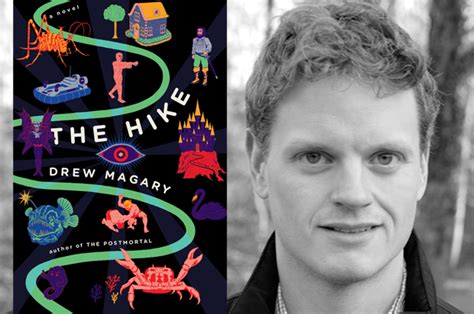A Quote by Hilary Kornblith
There is a worry that many have expressed that, on the naturalistic way of approaching philosophical questions, philosophy will somehow be co-opted by science. I'm not much worried about this.
Related Quotes
Quite early on, and certainly since I started writing, I found that philosophical questions occupied me more than any other kind. I hadn't really thought of them as being philosophical questions, but one rapidly comes to an understanding that philosophy's only really about two questions: 'What is true?' and 'What is good?'
You become a parent, and your whole life becomes about worrying. You just worry constantly whether they'll be okay. And the idea that I'll be worried forever about them and what they do...I almost have a panic attack when I think about it. I'm worried, and I'm worried about having to worry so goddamn much.
My position is a naturalistic one; I see philosophy not as an a priori propaedeutic or groundwork for science, but as continuous with science. I see philosophy and science as in the same boat--a boat which, to revert to Neurath's figure as I so often do, we can rebuild only at sea while staying afloat in it. There is no external vantage point, no first philosophy.
The traditional disputes of philosophers are, for the most part, as unwarranted as they are unfruitful. The surest way to end them is to establish beyond question what should be the purpose and method of a philosophical enquiry. And this is by no means so difficult a task as the history of philosophy would lead one to suppose. For if there are any questions which science leaves it to philosophy to answer, a straightforward process of elimination must lead to their discovery.
Paul Davies takes us on a logically and rhetorically compelling modern search for human agency. This outstanding analysis, well informed by naturalistic views of our evolved affective nature, is the kind of philosophical work that is essential for a field to move forward when ever-increasing findings from modern science are inconsistent with traditional philosophical arguments. This book is for all who wish to immerse themselves in the modern search for free will. It is steeped in the rich liqueur of current scientific and philosophical perspectives and delusions.
When people ask me what philosophy is, I say philosophy is what you do when
you don't know what the right questions are yet. Once you get the questions
right, then you go answer them, and that's typically not philosophy, that's
one science or another. Anywhere in life where you find that people aren't
quite sure what the right questions to ask are, what they're doing, then,
is philosophy.
Epistemology now flourishes with various complementary approaches. This includes formal epistemology, experimental philosophy, cognitive science and psychology, including relevant brain science, and other philosophical subfields, such as metaphysics, action theory, language, and mind. It is not as though all questions of armchair, traditional epistemology are already settled conclusively, with unanimity or even consensus. We still need to reason our way together to a better view of those issues.
Science will always raise philosophical questions like, is any scientific theory or model correct? How do we know? Are unobserved things real? etc. and it seems to me of great importance that these questions are not just left to scientists, but that there are thinkers who make it their business to think as clearly and slowly about these questions as it is possible to. Great scientists do not always make the best philosophers.
































